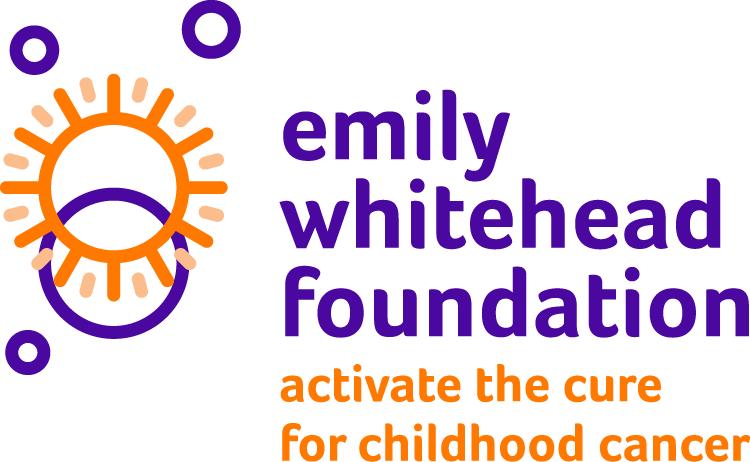Phase I CD19/CD22 Chimeric Antigen Receptor (CAR) T Cells in Children and Young Adults with Recurrent or Refractory B Cell Malignancies
Leukemia
0-9 years 10-17 years 18-26 years 27 years and older
1
 Drug
Drug
Cyclophosphamide, Fludarabine Phosphate
 Biological
Biological
Chimeric Antigen Receptor T-Cell Therapy
Condition: B Acute Lymphoblastic Leukemia, CD19 Positive, Minimal Residual Disease, Philadelphia Chromosome Positive, Recurrent Adult Acute Lymphoblastic Leukemia, Recurrent Childhood Acute Lymphoblastic Leukemia, Refractory Acute Lymphoblastic Leukemia
This phase I trial studies the best dose and side effects of CD19/CD22 chimeric antigen receptor (CAR) T cells when given together with chemotherapy, and to see how well they work in treating children or young adults with CD19 positive B acute lymphoblastic leukemia that has come back or does not respond to treatment. A CAR is a genetically-engineered receptor made so that immune cells (T cells) can attack cancer cells by recognizing and responding to the CD19/CD22 proteins. These proteins are commonly found on B acute lymphoblastic leukemia. Drugs used in chemotherapy, such as fludarabine phosphate and cyclophosphamide, work in different ways to stop the growth of cancer cells, either by killing the cells, by stopping them from dividing, or by stopping them from spreading. Giving CD19/CD22-CAR T cells and chemotherapy may work better in treating children or young adults with B acute lymphoblastic leukemia.
Sponsor/Collaborators:
National Cancer Institute (NCI)
Stanford University, Crystal Mackall, MD
